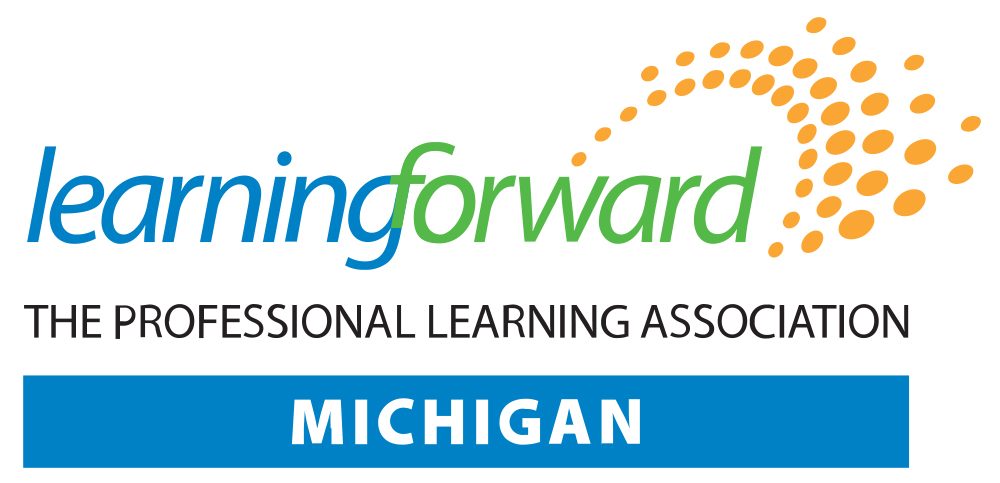I had Madeline Hunter
In the 1980s when Madeline Hunter was a prominent “presenter” of effective teaching workshops I heard so many people say “I had Madeline Hunter” that I used to joke that I felt obligated to call her husband.
It remains common for participants in workshops to say that they “had” whatever the presenter or content happened to be.
But they would say far less often what they had learned from that person or content and how it changed what they did.
Unfortunately, too many leaders continue to believe that the core learning process of teaching and professional development is the “delivery” of information, and that once the information has been transmitted, the teaching or the professional development is complete.
Those leaders are likely to believe that their professional development responsibilities are discharged when they have provided an activity — that is, provided a speaker or offered a workshop.
Professional development, in their view, is simply a box to be checked, a responsibility to be discharged.
At a minimum participants in any learning event should be able to say:
- I had (or did)…
- From that I learned…
- Because of that learning I changed the habit of…
- Because I changed that habit I saw the following results…
However, just as teaching is not complete until student learning has occurred, professional learning has not occurred until educators have deepened their understanding, honed their professional judgment, and/or altered their practice in ways that benefit students.
Administrators and teacher leaders play a major role in eliminating bad professional development by ensuring professional learning that truly benefits students.
But they are not alone in that responsibility.
Therefore, I propose that consultants or presenters or speakers “JUST SAY NO” when invited to do things they know will not make a difference.
One way to address this problem, from the perspective of both school leaders and consultants, is to pay consultants based on results, not time.
What would be the benefits?
- Conversations preceding consultants’ work would be deeper and more concrete.
- Absolute clarity would be required about measurable outcomes on the part of consultants and school leaders, which is seldom the case now.
- Vague statements of purpose such as “inspire teachers” or “motivate participants to try new things” or “introduce participants to new ideas” would no longer be acceptable. (If such purposes are deemed essential because of the local context, I recommend that no more than 5% of professional development time be given to such activities.)
Once clear outcomes were agreed upon school leaders and consultants would have to determine if the learning processes they intended to use were sufficiently robust to achieve those outcomes.
Vague or modest goals and weak learning methods would alert school leaders and consultants that their plans were flawed and that precious professional development resources were being squandered.
What do you think about paying consultants for results? Is it an idea whose time has come?

Our Vision
Equity and excellence in teaching and learning.
Our Mission
Learning Forward Michigan builds the capacity of leaders to establish and sustain highly effective professional learning.
Standards and Impact
Supports the implementation of standards and examines evidence to strengthen and document the impact of professional learning.
Leadership and Practice
Builds the capacity of its members, clients, partners, and staff to establish and sustain effective professional learning.
Advocacy and Policy
Advocates for policies and practices that strengthen the field of professional learning.

